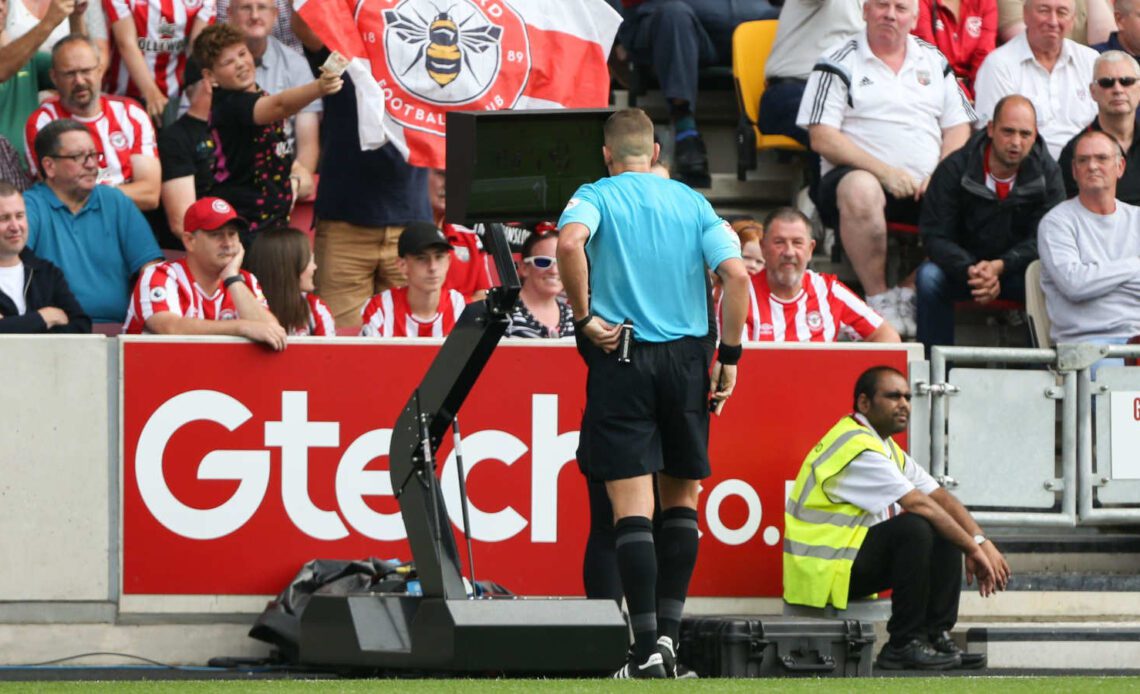At some point football decided it was too important to be flawed and that’s unlikely to change any time soon; VAR will not be scrapped.
It doesn’t seem as though the din is going to go away. Complaints about VAR and the standard of refereeing are going to be the soundtrack to the 2022/23 Premier League season, as the game itself hurtles towards a point at which it starts to become ungovernable.
It’s push and pull between various vested interests, from philosophical standpoints on what football should essentially be, to a culture that allows – and to some extent often seems to encourage – increasingly swivel-eyed reactions to incidents that take place during what is supposed to be a game.
Since the start of this season, refereeing decisions have been under the microscope like never before. Social media is aflame with allegations of corruption and bias – there is, of course, seldom any evidence for this somewhat loaded language beyond the actual decisions themselves – and that the game is being refereed at a level of incompetence never seen before.
Well, that’s kind of hard to prove or disprove. Referees have always made mistakes and fans have always been unhappy with these mistakes. Whether there were more in the distant past is difficult to quantify, but what we can say for certain is that blaming them has been central to the attitude of many in the game and, it might well be argued, the game itself since its very beginnings.
But ‘the referee’s decision is final’ isn’t a phrase that you hear much these days, and that’s almost certainly because it isn’t. Forty years ago, most matches were not televised, so while the mistakes that took place on the TV were amplified – you say the name ‘Ray Tinkler’ to fans of all clubs over a certain age and they’ll know instinctively who you mean – most weren’t seen by anyone beside the few thousand inside the ground itself.
And over those intervening four decades, football’s surveillance culture has grown and grown. First, matches started to be shown live. Then, all matches were recorded and the goals broadcast. Match of the Day, which began in 1964 with 45 minutes of highlights of one match, now features all Saturday’s Premier League matches shown over the course of 90 minutes.
Highlights of matches have become shorter. There is more football, but appetites have become more bite-sized. Incidents matter now, rather than the ebb and flow of the game itself. Broadcasters…
Click Here to Read the Full Original Article at Football365…

